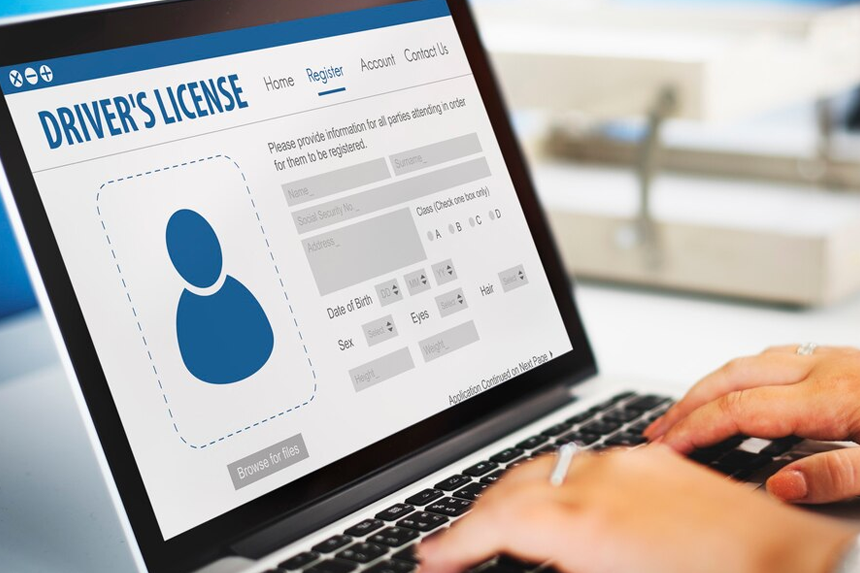The government has taken several ambitious new measures to combat benefit fraud, one of which is to deprive convicted benefit fraudsters of their driver’s licenses. Driving bans of up to two years might be imposed on anybody guilty of frequently abusing the system and owing more than £1,000.
- Why Is the Government’s Position on Benefit Fraud Tougher?
- What Are the New Authorities for Benefit Fraud Investigations?
- Why Are Concerns About Privacy Being Voiced?
- How Can Taxpayers Save Money Using Banking Data?
- Why Are Privacy Campaigns and the Banking Sector Pushing Back?
- How Will the Welfare System Be Affected by the New Law?
- Will Foreign Claimants and State Pensions Be Affected by the New Powers?
- Is this an oversight or a misdirection?
Why Is the Government’s Position on Benefit Fraud Tougher?
Liz Kendall, the secretary for work and pensions, stressed that the bill would provide “greater consequences for fraudsters who cheat and evade the system.” In an apparent move towards stricter enforcement in the fight against benefit fraud, the initiative seeks to make individuals who take advantage of the welfare system more accountable.
What Are the New Authorities for Benefit Fraud Investigations?
The government is introducing new powers to force banks to disclose account information concerning benefit fraud claimants and driving license sanctions. The goal of this action is to better target fraud investigations. Although the initiatives have elicited varying responses, they are reminiscent of a similar project undertaken by the previous Conservative government.
Kendall emphasized the measure’s significance by stating, “The use of bank account data in investigations is a significant tool in targeting benefit fraud.” Privacy advocates, meanwhile, have expressed worries about its ramifications.
Why Are Concerns About Privacy Being Voiced?
Privacy activists have vehemently opposed requiring banks to provide claimants’ account information. The plan would broaden the DWP’s (Department for Work and Pensions) access to financial information, which is currently restricted to specific situations when benefit fraud is suspected.
Under the new proposed law, the Public Sector Fraud Authority would have extra authority, including more time to investigate complicated fraud cases, especially those that occurred during the pandemic. However, detractors contend that this can result in overzealous citizen monitoring.
Age UK and Big Brother Watch have referred to the idea as a “mass financial surveillance” system. In a letter to Secretary Kendall, the groups cautioned that it would constitute an “intrusion into the nation’s privacy” and could impact vulnerable individuals who might not have committed any crimes.
How Can Taxpayers Save Money Using Banking Data?
The government claims that access to financial data may save taxpayers up to £1.6 billion over five years, notwithstanding privacy concerns. Ministers think this step will make it easier for investigators to find suspicious claims linked to benefit fraud.
According to Kendall, “the new powers could play a pivotal role in uncovering previously undetected benefit fraud,” noting that fraudsters who try to conceal their activities would be much more likely to be caught.
At the moment, DWP investigators are only permitted to ask for banking information when benefit fraud is suspected. The proposed regulations would allow for data collection in bulk, which supporters claim will aid in detecting fraud on a broader scale.
Why Are Privacy Campaigns and the Banking Sector Pushing Back?
However, the banking industry and privacy organizations will likely strongly oppose this new strategy. Banks have voiced worries about being compelled to divulge private account information, which they believe may be abused.
A spokesperson for the privacy advocacy group Big Brother Watch stated, “This proposal is an attack on privacy, and we must be cautious about the long-term consequences of such data-sharing practices,”
The Conservative government had previously proposed a similar idea, calling financial institutions to notify the DWP of benefit users’ account details whenever a “potential risk” of benefit fraud or error was identified. Financial institutions that do not comply may be subject to fines. However, this bill did not pass Parliament before the July elections.
How Will the Welfare System Be Affected by the New Law?
Although the new law aims to combat benefit fraud, Labour has questioned how realistic the measures are. The Conservative shadow work and pensions secretary Helen Whately supported the measure, saying it was an extension of the previous government’s job. Whately stated, “Labour must do more to tackle the spiraling welfare budget,” emphasizing the necessity of more stringent control.
In contrast, Labour has promised that under its plan version, it will only share “minimal information” with the DWP. However, the party hasn’t clarified how its strategy will vary from the government’s proposal.
Will Foreign Claimants and State Pensions Be Affected by the New Powers?
The administration has declared that it will not use the new powers to target state pension payouts as part of its proposed adjustments. This differs from the previous Conservative government’s idea, which would have involved state retirees in the information-collecting process.
According to DWP Minister Andrew Western, the new authority would also be used to find instances where claimants have relocated overseas without informing the department. He pointed out that the rules would probably cover accounts with more than £16,000, the minimum amount required to qualify for Universal Credit. A date for this has not yet been established, though.
Is this an oversight or a misdirection?
Critics are dubious despite governments’ guarantees that the DWP won’t have direct access to bank accounts. “This is a misdirection,” a privacy advocate stated. “The powers granted to the DWP will allow it to instruct banks to access claimant data on its behalf, effectively circumventing privacy protections.”
As the discussion continues, the government must balance protecting citizens’ right to privacy and the requirement for more effective fraud detection. The ideas raise significant concerns regarding surveillance and the future of financial privacy in the UK, even while they pledge to combat benefit fraud.








